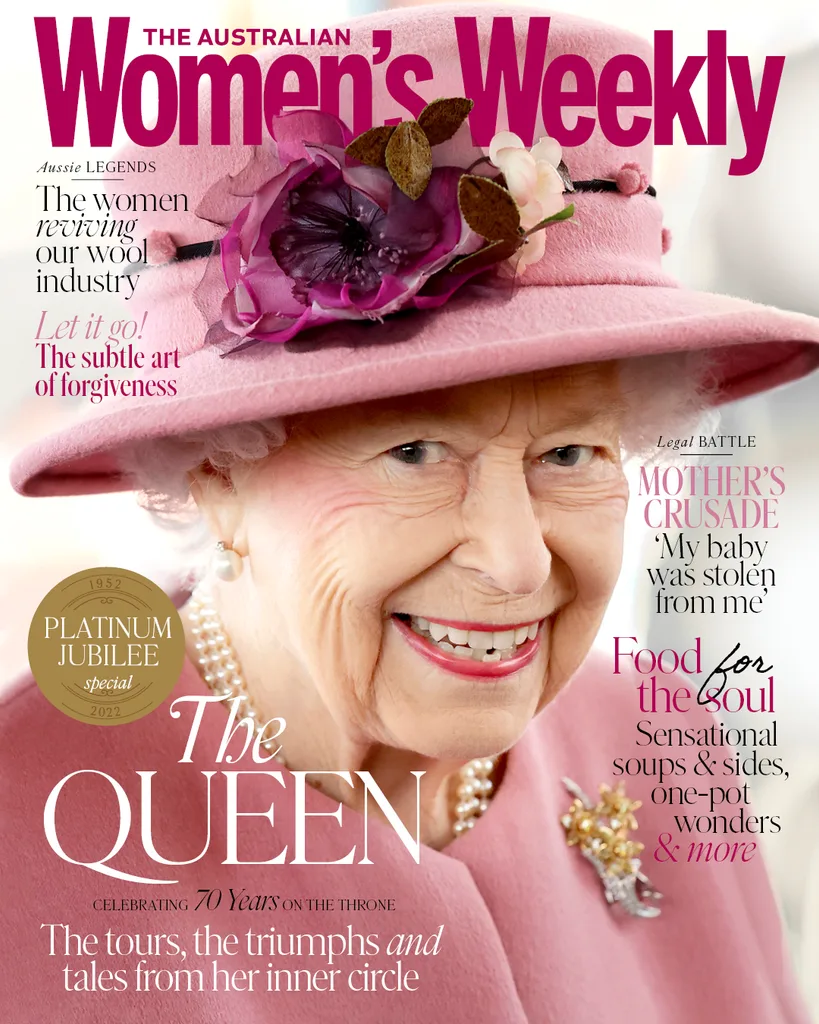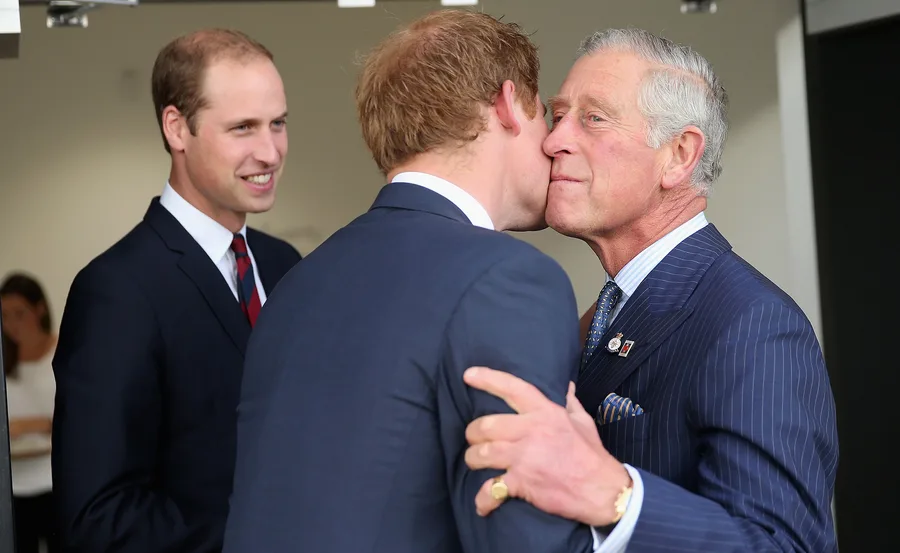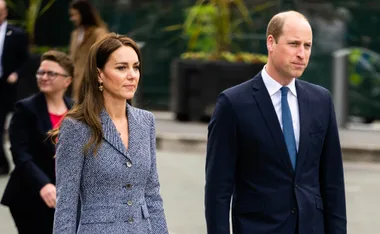When Tina Brown first presented her publishers with a book proposal for a new royal biography unpicking what had happened in the House of Windsor since the publication of her bestselling The Diana Chronicles in 2007, she didn’t anticipate her predictions would come to pass literally as she was writing.
“My book proposal forecast all of it,” she says with a wry smile. “I forecast that there would be some kind of explosion with Harry and Meghan and they would leave, but I expected it to take five or six years, not 20 months. It was fascinatingly fast.”
The former editor of Tatler, Vanity Fair and The New Yorker and founding editor of The Daily Beast spent two years speaking to more than 120 sources for The Palace Papers, and the result is gripping. “I really wanted to show the tension between this remarkably old and glacial institution, the monarchy, and the people who have to live inside it, the royal family. That’s the fascination of this story – that the institution of the monarchy rests on the fragile shoulders of people who are as fallible as any others,” she explains.
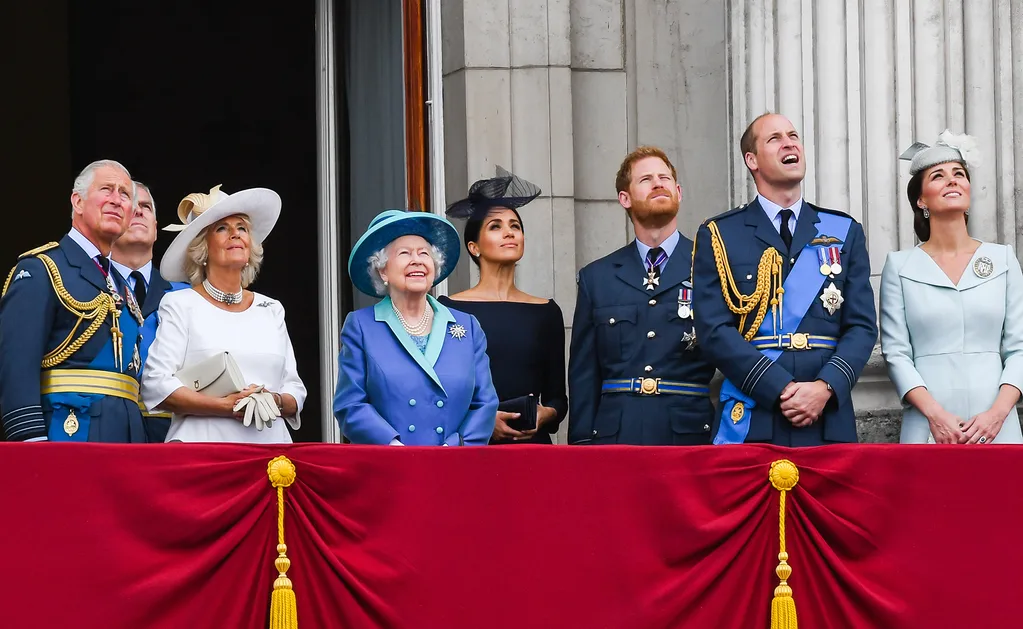
“The Queen has done this masterful job for 70 years of living the tenets of her sovereign role.”
(Image: Getty)“The Queen has done this masterful job for 70 years of living the tenets of her sovereign role. It’s a remarkable achievement, let’s face it, and the question is whether anyone has the restraint, self-discipline, commitment to duty and willingness for self-sacrifice that the Queen has shown. It’s a hard thing to pull off.”
What Tina calls “the power and mystique of the royal silence” certainly seems to be pretty thin on the ground in the current torrent of outpourings from the Duke and Duchess of Sussex, and at the heart of her study is the central question of what the monarchy will look like in a post-Elizabethan age and whether it can even survive. “It’s quite remarkable, when you think about it, that there are modern members of the family who are actually willing to do it,” she posits. “Harry and Meghan weren’t willing to do it, but William does seem to have accepted his destiny and is doing his very best to live in it in a more modern way.”
Tina finished the book a year behind schedule, which actually was just as well because “then the whole story changed”. The turning point, she says, was not Harry and Meghan leaving The Firm, but the couple’s bombshell interview with Oprah Winfrey. “It was kryptonite … When the Oprah interview happened in March 2021, it totally changed the landscape for the Sussexes and their relationships with everybody.”
But the seeds of that interview had been propagating for years. “A very close member of the household really startled me by saying, ‘We always knew Harry was going to leave and some of us felt the best thing a future wife could do was take him out of it because he was so miserable.’ I was startled to hear that there was a real sense in the family that they knew he was fragile.”
It was, says Tina, his previous girlfriend Cressida Bonas, who dated Harry for three years from 2012, who first “began to have serious worries about Harry’s mental health”. He would fly into rages when faced with journalists or members of the public asking for photos, responses Tina describes as totally out of proportion to the situations. A family friend told her that Cressida got him to accept he had problems and see a psychoanalyst. “His meltdown had been a long time in the making,” says Tina. “Therapy unlocked the years of buried grief about his mother’s death.”
Watching Diana’s youngest boy struggle, many of those working in the household “thought it was very likely that he would leave and a lot of people felt he should, because when he came out of the army he didn’t have any structure, he didn’t like his position in the family, he felt he was not being deployed to his best gifts,” Tina says.
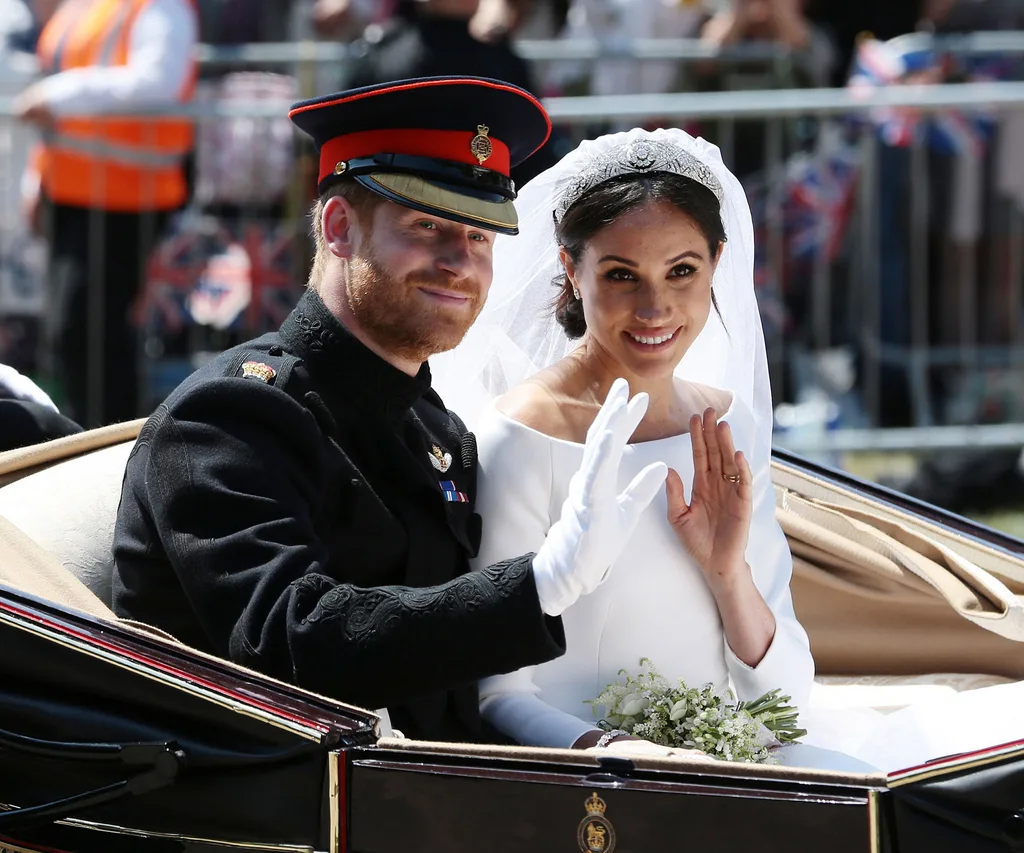
Prince Harry and Meghan, Duchess of Sussex on their wedding day.
(Image: Getty)But when Harry met Meghan, there seemed to be a light on the horizon. Surely this charismatic modern couple could herald a new dawn for the dusty House of Windsor and Harry could forge a meaningful royal role with Meghan by his side? It seems not, though.
Tina describes two worlds colliding, a culture clash between British and American sensibilities, the royal way of doing things and the celebrity path Meghan was used to. “I think if Meghan had been more patient and the Palace had been more flexible, it could have been overcome,” says Tina. “Meghan and Harry are and could still be a major asset to the royals. I tend to think it’s a big loss that it couldn’t have been worked out in some way.
“But Meghan didn’t like England and I think a lot of her hostility to England became quite deep and remains. She didn’t get the British sensibility and she didn’t want to absorb what it meant. Britain – I think like Australia – is a sardonic, sarcastic, iconoclastic kind of place. The Brits don’t like earnestness; they don’t like effusiveness; they don’t like ‘trying too hard’. I think Meghan felt completely at sea with all of that. She didn’t like that atmosphere and she felt belittled by it, and maybe not without reason.
WATCH: Meghan, Duchess of Sussex opens up to Oprah Winfrey in rare TV interview. Story continues after video.
“It was unfortunate and that wore away at her as much as the strain of being in the family, the scrutiny of the press, the sense of being alone, a woman of colour who’s in a bastion of white Protestant values. All these things accelerated to make her feel very unhappy. And once that happened it wasn’t going to work.”
In her interview with Oprah, Meghan revealed that she really had no idea what she was getting into. Is that Harry’s fault?
“I think it’s both their faults,” says Tina. “I think Harry had lost two girlfriends that he really liked and might well have married Chelsy Davy or Cressida Bonas. He felt they’d been chased away by the horrible, vile intrusions of the press. He didn’t, I’m sure, tell Meghan enough about the reality of what that life was going to be. Maybe he withheld that because he didn’t want to lose her; he didn’t want to give her all the bad news.
“I doubt also that he shared to the fullest degree the financial realities of being a member of the royal family. Here was this woman who’d earned a great deal of money as a career woman, and all of a sudden she is dependent on her husband who’s dependent on the bank of Dad. If she puts a new bathroom into her house, the press are going to make you seem like Marie Antoinette! That, I’m sure, she didn’t fully grasp at all.
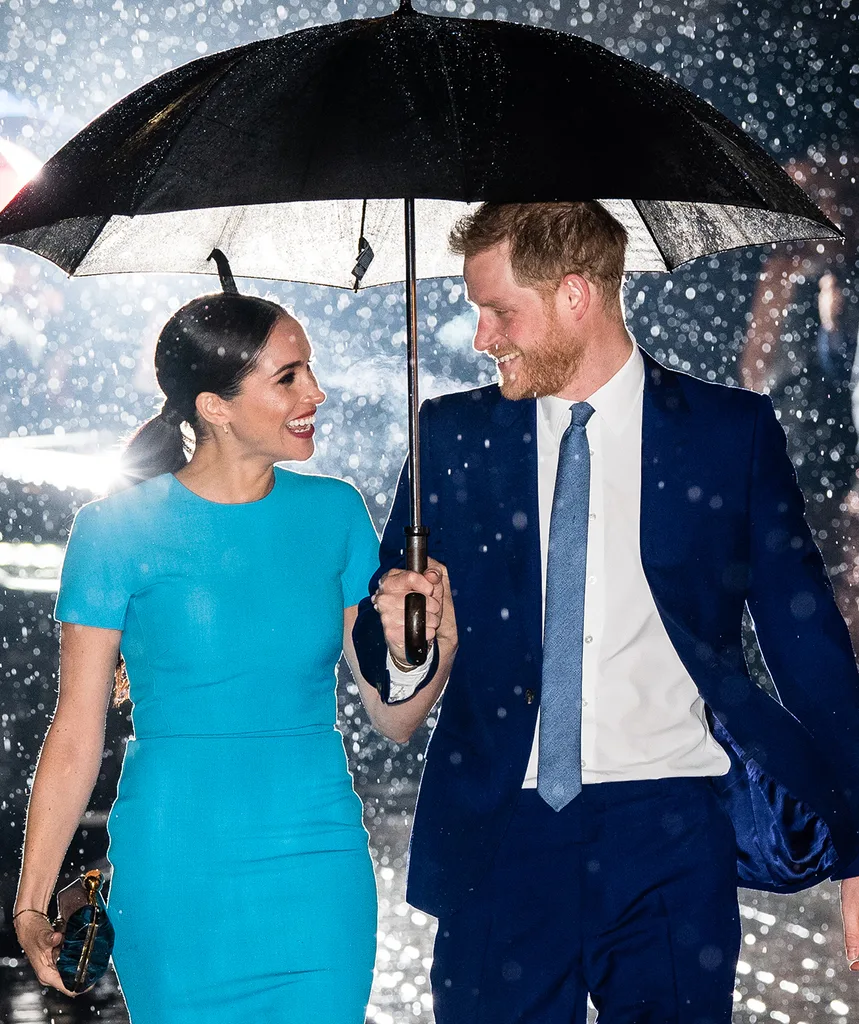
“But I also think she just didn’t want to know certain things,” Tina says.
(Image: Getty)“But I also think she just didn’t want to know certain things. Her fundamental misunderstanding was that when you’re an actress, star power is leverage. The bigger your star power, the better parts you get, the more you’re paid and the more you have the muscle to get whatever you want. If you are in the royal family you’re still part of the hierarchy of monarchy, so the fact of the matter was that Harry was sixth in line to the throne by the time Meghan married him, so although he has a star power and a presence that obviously is bigger than that, the reality is he’s number six and has to get in line for the best assignments.
“So, there’s this odd conflict between what it seems on the outside with what it is on the inside. For Meghan’s friends, she’s living in a palace, but the reality is that it’s a very pinched life inside of all that because they’re number six in line to the throne. They don’t have a great deal of spending power, they don’t have the kind of allocation of staff that Meghan wanted to do her big projects. They have to get in line behind William and Charles. That she clearly didn’t understand, and she wasn’t prepared to tolerate it. She felt that by that time, she was probably one of the most famous and idolised women in the world after her wedding. She wanted her position to reflect it and she didn’t understand that it couldn’t.”
The contrast with Catherine’s royal rite of passage, her decade-long courtship then hovering in the background and emerging swanlike into the spotlight only in the past few years is stark. She was also a very modern woman with her own hopes and dreams, so how did this duchess manage to swallow the shortcomings of what Tina describes as “the royal equivalent of taking the veil”?
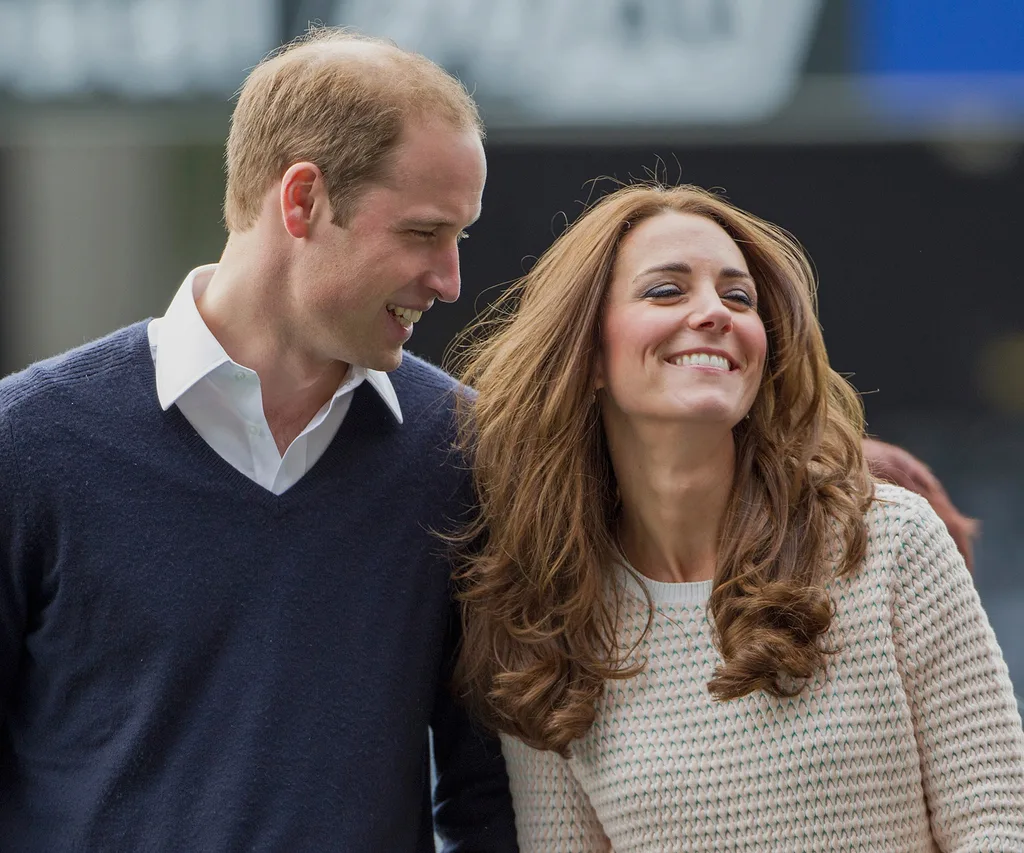
“I think she really did fall in love with William at a very early age and I think she felt it was her destiny,” Tina suggests of Catherine.
(Image: Getty)“I think she really did fall in love with William at a very early age and I think she felt it was her destiny,” Tina suggests. “I think she felt she could do it and she wanted to. Even in her early 20s when she was interviewing at Jigsaw, the retail company where she worked, she said, ‘I’d like a job that is flexible because I’m involved with a man for whom I have to be available.’ Well, quite honestly, that’s an unusual thing for a really bright college graduate to say in their 20s when they go for a job. It sounds like something out of a different century, and Kate’s a very modern girl and a smart one. Yet she’s willing to mould her life around William, and that’s very unusual and speaks to the fact that she did feel that her life first and foremost was William and always William – without being a doormat, which I think is a hard thing to do.
“I feel she’s a peer, I feel that she has William’s great respect, I feel in many ways she’s quite strategic, probably more so than William, in the way she thinks about her role, their job. She has evolved into being a real force in the family, rather along the lines that the Queen Mother was. She managed George VI without him understanding that he was being managed. I think Kate’s very similar.”
Tina says that by the end of writing the book she came to realise that “who you are married to is really the most important decision a royal can make. It defines your success. That and the family behind them. We see that the Queen herself had a very close family. ‘Us four’, as George VI used to say. The Queen always had her mother and her sister as her confidantes and she didn’t really need anyone beyond that circle for all the things that were private to her.
WATCH: Prince William and Duchess Catherine release touching family video to celebrate 10-year anniversary. Story continues after video.
“You see it with Camilla. The Shand family were always a kind of Praetorian Guard around Camilla. Her fantastic parents, whom I came to love while writing about them, they were people of such character, charm and stature, and you see how they moulded Camilla with their outlook, whichwas very tolerant and very easy, very warm – very much as Camilla is, and her brother and her sister. Again, she had her confidantes.
“Whereas, of course, contrastingly, Diana had this family that was riven with discord; there was no solidity behind Diana. I was very sad when I was writing The Diana Chronicles when I found that she went to most of her dress fittings for her bridal gown alone. She was so isolated. And I think one of the most poignant images in getting to know Meghan was the fact that there was one member of her family sitting in that church, and that was her mother.
“Kate Middleton’s family has turned out to be the most remarkably strong factor in the success of the Cambridge marriage. I came to love Carole Middleton, actually. I think she’s great. And Michael Middleton is so solid, so decent and so loyal. There’s nobody gossiping around her, nobody’s selling out her secrets, nobody is tittle-tattling about Kate.”
Tina interviewed Meghan’s father Thomas Markle for the book and says she found him to be a very poignant figure. “He blamed his vanishing act [from the wedding] to me on a last berating phone call from Harry – something Meghan has denied – while he was recovering in his hospital bed.
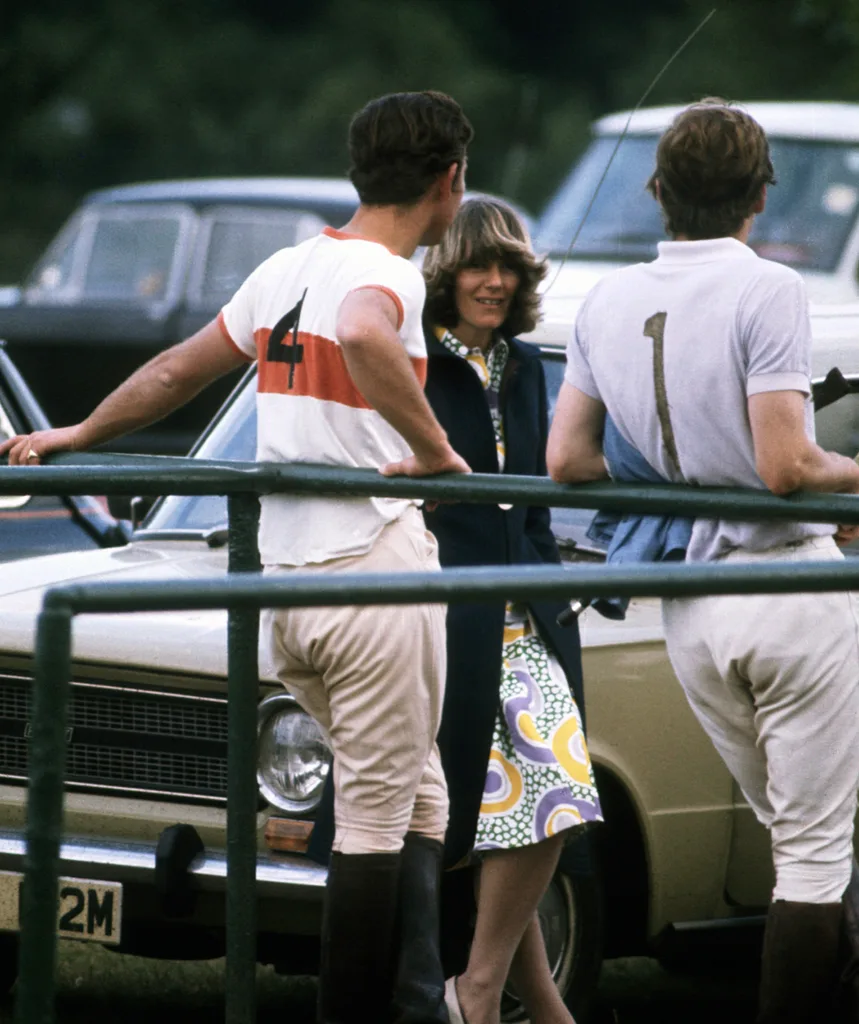
Charles with Camilla in their youths.
(Image: Getty)“Harry said to Thomas, ‘If you had listened to me, this would not have happened to you.’ At that point Thomas said, ‘That’s the snottiest man I’ve ever heard in my life’ and hung up on him.”
In the end, of course, it was Prince Charles who walked Meghan down the aisle, but in Harry’s many interviews since that day, he has hit out continually at his father, which Tina says is unfair. “I think Charles did his best in his fogeyish way to be as good a father as he could be, to be there for the boys. Clearly Harry will never forgive him, I guess, for making Diana so unhappy. I understand. Many a child of divorce can never forgive the other parent who strayed and who then had this other woman who made his mother so deeply miserable. But I also think that it’s a little adolescent not to be able to evolve beyond that and to realise that Camilla has made his father extremely happy, in the same way that he needs to be with Meghan.
“Charles was always in love with Camilla and he also is a tragic figure in the sense that he was made, really, to marry someone who was aged 20, a child, who he really wasn’t in love with. He tried, but it was a painful thing for his father and it all went wrong in the way we know.
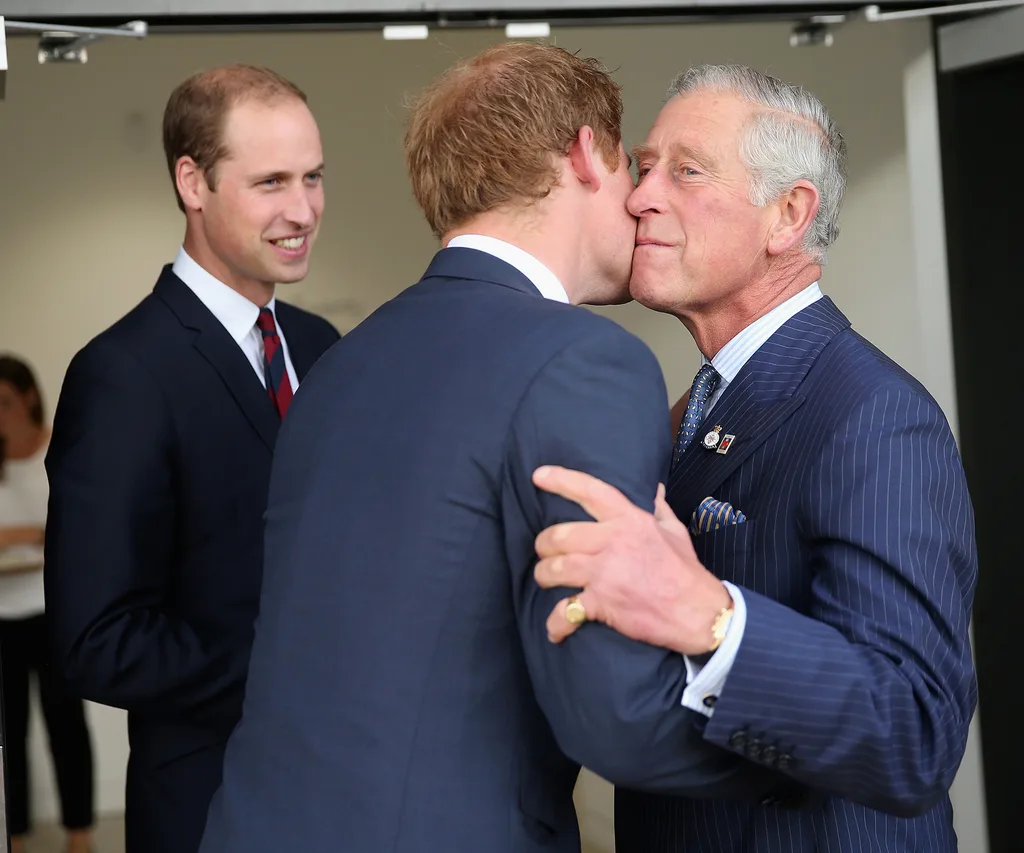
Tina says of Charles: “I think he needs the support of both his sons.”
(Image: Getty)“I don’t think it’s really fair to Charles now and I think he’s certainly trying so hard to prepare to be a great monarch. I think he needs the support of both his sons.”
I wonder if Tina could ever have imagined when she wrote The Diana Chronicles that Camilla would be in the position she is today. “It was inconceivable at that time,” she says. “It really does show that the monarchy is a glacier, but it moves. The idea that with Camilla – who wasn’t even allowed to come to Charles’ 50th birthday, who the Queen wouldn’t even acknowledge once it was clear she was his mistress – we could go completely full circle, first of all when the Queen let Charles marry her but then that she can be Queen Consort, that’s a massive seismic change in how the monarchy sees itself.
“Basically, the Queen’s message was you can earn being queen. Kate has earned being the next queen because she’s shown that she has the self-restraint, the sense of duty [and] the loyalty to the Crown. All of these things are more important than pedigree, than bloodlines, than to-the-manor-bornism. The Queen has acknowledged that here’s Camilla who was seen as the pariah, but actually in the last 20 years she has not put a foot wrong. She has been supportive, she’s been gracious, she’s never said a word. Camilla has never spoken in public to anyone about her relationship with Charles, the royal secrets, nothing. She’s been absolutely discreet, as has Kate. These are the things that the Queen values enormously and she’s really saying, ‘Look, you have what it takes to be queen’.”
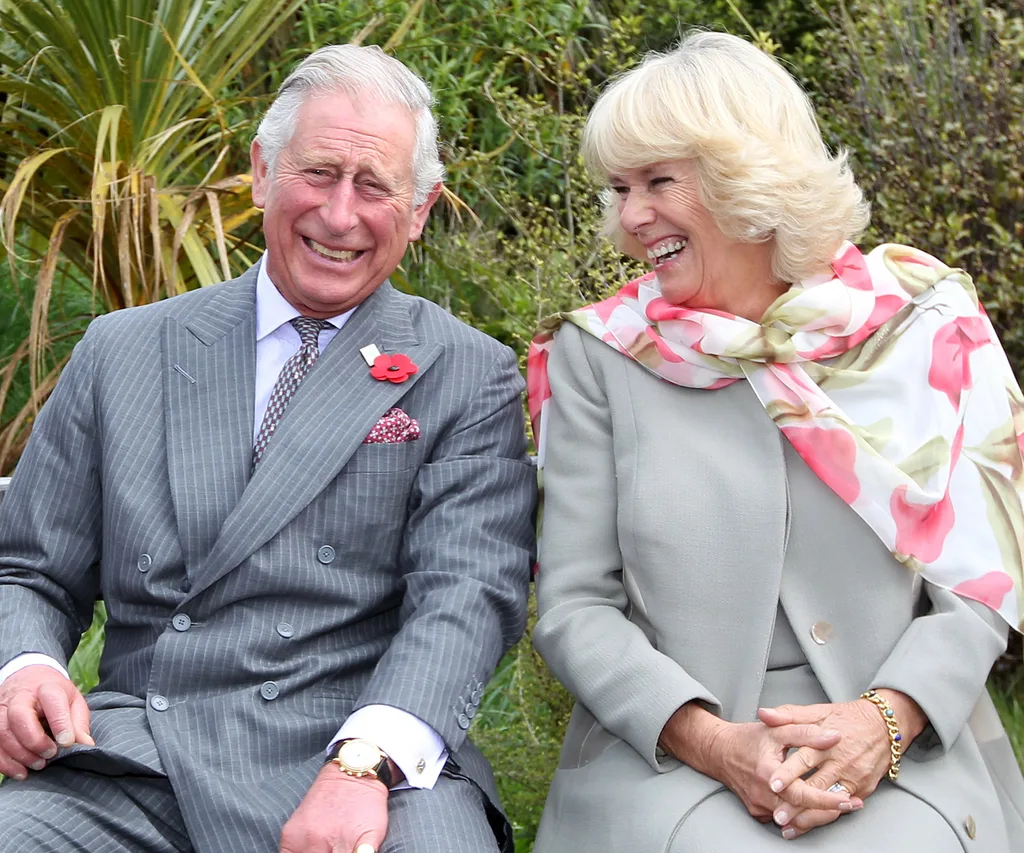
“She’s been absolutely discreet, as has Kate. These are the things that the Queen values enormously,” Tina says.
(Image: Getty)Tina says that in many ways the future of the monarchy is resting with the two Windsor wives. “I think it is ironic that when William married Kate, there was all of this, ‘How is this middle-class girl going to cope?’ Now you can’t imagine what would happen to the House of Windsor without her, because she is such a strong support and she has developed into such an admired woman of beauty and charm, but also a sense of duty that we haven’t really seen since the Queen.”
When this Elizabethan age ends, Tina predicts “a massive explosion of grief, of self-doubt, in England, of a sense that something huge has taken place, a whole way of being has passed. The Queen has given a tremendous amount of consolation to people over the years. Seventy years – that means for three generations she’s been there.
“But I think there will be a different kind of monarchy. It won’t look and feel the same, but it will continue. I don’t think it will crack.”
You can read this story and many others in the June issue of The Australian Women’s Weekly – on sale now
